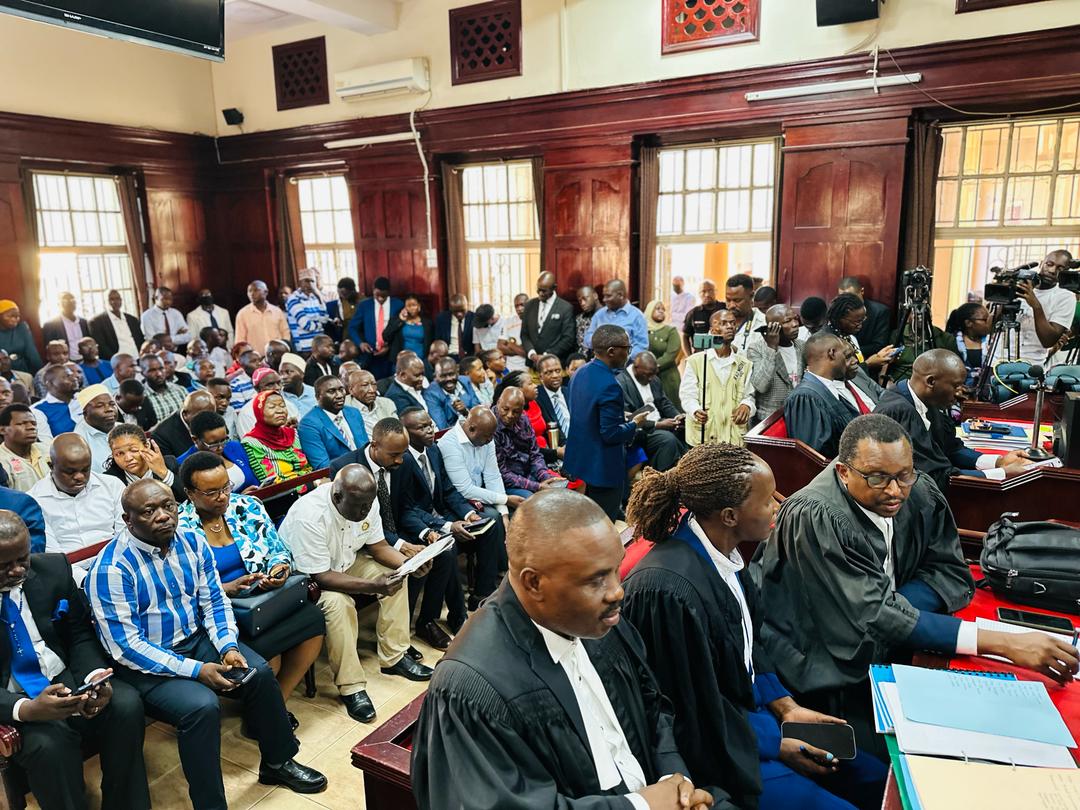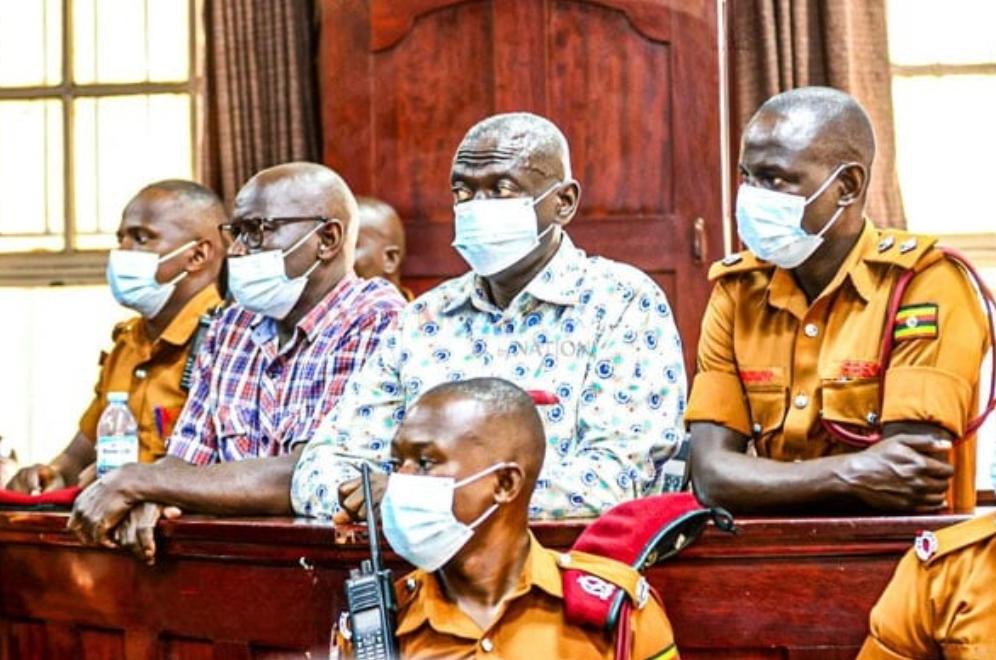The High Court in Kampala on Friday 10th April denied bail to veteran opposition politician Dr. Kizza Besigye and his aide Hajj Obeid Lutale, despite both meeting the legal requirements for temporary release.
Justice Rosette Comfort Kania, in her ruling delivered by registrar Ssalmu Ngoobi, cited the grave nature of the charges and the possibility of interference with ongoing investigations as reasons for keeping the duo in detention.
The court acknowledged that the sureties presented Members of Parliament Ibrahim Ssemujju Nganda, Dr. Nicholas Thadeus Kamara, Tonny Muhindo, and Francis Mwijukye for Dr. Besigye, and family members including Lutale’s wife and blood relatives for him were substantial and credible. “These are responsible individuals with the capacity to compel the applicants to return to court,” said lead defence lawyer Erias Lukwago.
However, Justice Kania ruled that the seriousness of the offences and the international scope of the alleged crime warranted continued custody.
“The offences are alleged to have been committed in various locations in Uganda and abroad, requiring more time and resources to conclude investigations than would be the case if they had occurred solely in Uganda,” said the judge.

“Owing to the fact that investigations are still ongoing, the interest of justice at this point dictates that the application for bail be denied,” the ruling read in part. “There is a likelihood that the applicants, given their influence, may fall prey to the temptation to interfere with the investigations.”
Lukwago, citing Article 23(6)(a) of the Constitution, stressed that every Ugandan has the right to apply for bail and reminded the court of the presumption of innocence under Article 28(3)(a). “If the court admits they have a place of abode, haven’t interfered with investigations, and have never skipped bail, why deny them their liberty?” he asked.
While the prosecution previously argued that the applicants lacked fixed places of abode and posed a risk to the investigation, the court dismissed these assertions due to lack of evidence. “The allegations of interference must be substantiated,” the ruling stated. “In this case, they were not.”
In her ruling, Justice Kania also addressed a contentious argument raised by the prosecution regarding the age of sureties.
She rejected the claim that sureties must be older than the accused, stating that such a position would “set a dangerous precedent and make it nearly impossible for older persons to access bail.”
Besigye and Lutale have now spent 147 days in detention following their arrest in Nairobi, Kenya, in November last year.
As investigations continue, Besigye and Lutale will remain on remand, awaiting further court proceedings.




